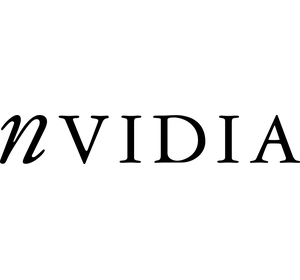$META $GOOGL $AI
#Meta #Trump #AI #SocialMedia #TechStocks #FreeSpeech #ModerationPolicy #BigTech #MarketImpact #DonaldTrump #Inauguration #TechIndustry
Meta’s decision to adjust its moderation policy ahead of President Donald Trump’s inauguration was seen widely as a maneuver aimed at navigating the complex landscape between maintaining public trust and aligning with the expected policies of the incoming government. By loosening restrictions on its platform and allowing what it termed greater “free expression,” Meta ostensibly sought to avoid potential regulatory scrutiny under a leadership that had been openly critical of tech platforms. Such a strategic adjustment also aligned with a broader pattern among tech companies eager to secure favorable conditions for their burgeoning artificial intelligence (AI) initiatives, which rely on access to massive datasets often drawn from user interactions on social media platforms.
The financial implications for Meta and its competitors were notable during this period. Investors and analysts observed that changes in content moderation policies—especially those perceived as politically motivated—could significantly influence user engagement and advertising revenue. Meta’s efforts to facilitate open discussions, no matter how controversial, could result in a surge in active users, translating into higher ad impressions and revenue growth. However, this approach also risked alienating certain demographics, including advertisers or users who prioritized stricter content regulations. The balancing act could impact the stock value of $META, which, like other tech giants such as $GOOGL, often sees its performance heavily influenced by regulatory and political pressures.
From a broader market perspective, the policy shift hinted at the growing interplay between politics and technology. Big Tech companies have increasingly become instrumental in shaping public discourse, leading to heightened regulatory scrutiny and political opportunism. This move by Meta could also be interpreted as part of a calculated bet to set a market precedent that others, such as Google or other social media platforms, might follow. At the time, there were discussions about whether such leniency would embolden more extremist dialogue online, potentially sparking public backlash or renewed calls for stricter tech regulations. Such events could, in turn, create volatility in the sector’s stock prices as the market reacted to these societal and regulatory changes.
Meta also appeared to have a more long-term vision for its adjustment. By reducing public friction with government entities, it potentially carved out more breathing room for its ambitious AI projects to flourish. AI development is highly capital-intensive and hinges on continuous innovation. Stable relationships with government regulators could reduce headwinds for research and expansion in this domain. For investors, the strategy provided reassurance that Meta was thinking beyond short-term trends, paving the way for more advanced applications of AI that could revolutionize industries beyond social media. While the move did not come without criticism, it underscored the complex and often delicate balancing act required to maintain growth in an era of heightened scrutiny and political divisiveness.











Comments are closed.